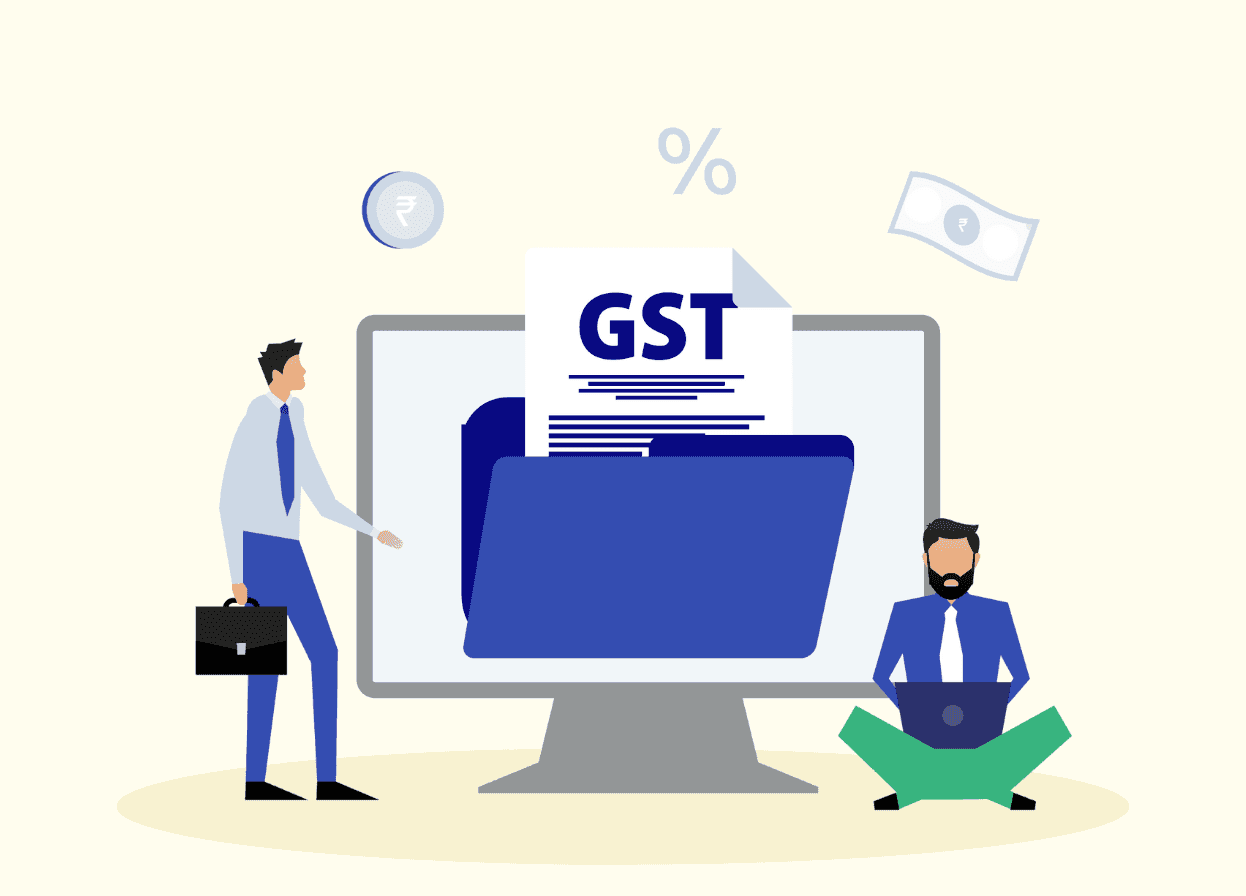TDS on Foreign Payments: What Indian Businesses & Freelancers Must Know in 2025

Updated on 28th November
TL;DR
- TDS under Indian rules is mainly a “payer-side” issue: it applies when you (in India) pay a non-resident/foreign company and the amount is taxable in India.
- The quickest legal way to reduce TDS is: check if it’s taxable → if yes, apply DTAA (with TRC + Form 10F + other supporting declarations as needed).
- For compliance, most people get stuck on Form 15CA/15CB: which part you file depends on taxability + ₹5L threshold + whether you have AO certificate / CA certificate.
- Important clarity: if you’re receiving money from abroad, Indian Section 195 TDS usually isn’t what your overseas client deducts—that’s based on their local rules, not India’s.
- The 2% equalisation levy was withdrawn (Budget 2024), and the 6% levy on online ads was removed from Apr 1, 2025—so digital payments tax framing has changed.
TDS on foreign remittance keeps many Indian business owners awake at night. Questions like: Do I need to deduct TDS while paying a foreign vendor? Should I worry if my US client doesn’t deduct TDS while paying me? Keep circling in their head.
If that sounds relatable, this blog will be your single source of truth for all things TDS on foreign payments. We’ll provide detailed and jargon-free answers to tell you exactly when TDS applies, who needs to apply, and how to avoid costly mistakes.
TDS on Foreign Payments: What Does It Actually Mean?
TDS (Tax Deducted at Source) is a system used by the government to collect tax at the point where income is paid. Under Section 195 of the Indian Income Tax Act, if you’re an Indian resident or a non-resident making a payment to a foreign vendor or a Non-Resident, and if that income is taxable in India, you’re required to deduct the TDS before transferring the amount. There are a few exceptions to this rule, like the salary paid to a foreign individual.
But you have to deduct TDS when you pay an annual licensing fee to a software vendor based in the US. For example, your design team uses the Adobe Photoshop premium license to design various assets. Adobe Inc. is a USA-registered company, so TDS will apply to it. If the annual license costs $10,000, you must deduct 10%, i.e. $1,000 as TDS. The purpose of this system is to keep track of cross-border payments and prevent tax evasion.
But the real challenge for export-focused businesses and freelancers is knowing which payments actually require TDS. Do all outgoing payments attract TDS? The answer is no. It depends on multiple facets. Here’s a small table to show you when the TDS will be applicable:
| Payment type | Description | TDS rate |
| Technical Fees | To pay a overseas IT consultant for software consulting services | 20% or lower, depending on the DTAA |
| Licensing/Royalty | Payment to a foreign company for patent usage | 20% |
| SaaS subscription | Monthly payment to get access to a cloud-based software | Nil |
If You’re Receiving Foreign Payments – Does TDS Apply?
TDS is not deducted on incoming payments. When you get paid by a foreign client, they may not deduct tax on the amount. Why?
Here are the three reasons:
1. Your income accrues in India: This means you are providing goods or services to foreign clients from India and earning money from it. Therefore, it will be treated as income earned and accrued in India
2. The Indian tax laws do not govern your foreign clients. They are not required to comply with Indian TDS provisions because they operate outside India’s tax jurisdiction.
3. As an Indian resident, you’re responsible for declaring your income and paying tax to the Indian government, not your client.
Quick Note
Keep your documents well-organised and thoroughly check them so that you receive the payment from your foreign client without hiccups. For example, always use the correct purpose code. You can always refer to a Purpose Code finder if you’re not sure which one applies to your business. Likewise, keep your invoices, GST details, and Foreign Inward Remittance Advice (FIRA) accessible.
We will cover these documents in more detail in the later part of the blog
TDS Rates on Foreign Payments (2025 Update)
The TDS rate depends on the nature of the payment and whether the Double Taxation Avoidance Agreement (DTAA) applies. We will get to the meaning of DTAA in a bit.
Before that, let’s take a look at some of the TDS rates for foreign payments to a US vendor. The final applicable TDS rate is the lower of the TDS rate mentioned in the Finance Act and the DTAA.
If the TDS rate according to the Finance Act is lower, then the final rate is calculated as TDS rate + Surcharge + Cess (0.4% of TDS rate + Surcharge)
| Nature of Payment | TDS Rate (Standard) | TDS Rate with DTAA | Relevant section |
| Royalty/Licensing | 20% | 10-15% | 9(i)(vi)/195 |
| Fees for Technical Services (FTS) | 20% | 10-15% | 9(i)(vii)/195 |
| SaaS/Software Subscriptions | Nil if no human intervention required OR 20% if technical services are involved | NIL or 10% to 15% | 9(i)(vii)/195 |
What is DTAA?
The Double Taxation Avoidance Agreement (DTAA) is a treaty India signs with other countries, so you don’t have to pay tax twice on your earnings. At present, India has signed DTAA with 85+ countries.
How does DTAA work?
Imagine you’re a freelancer working with a US-based client. Under the India-USA tax treaty, you can fill out the W8BEN form and send it to your client. The W8BEN form is a declaration that you’re a resident of India and not subject to U.S. tax withholding.
While filling out the form, you must also quote the article to take advantage of the DTAA. Freelancers must mention Article 15: Independent Personal Services in the W8BEN form. Indian businesses must quote Article 7: Business Profits in the W8BEN-E form.
How to Reduce or Avoid TDS on Foreign Payments (Legally)
To claim the benefit of DTAA and pay low or no TDS, first check if India has a DTAA with your vendor’s country. After you confirm that, you will need the following documents from the client:
Tax Residency Certificate (TRC): The TRC is an official certificate issued by the local tax authority of your vendor’s country. It proves that your client is a tax resident of the country and is eligible for DTAA benefits. Think of it as the foreign version of the PAN Card.

Form 10F: Your vendor must fill out the Form 10F as a self-declaration after registering themselves on the Income Tax portal. This form is used to confirm the vendor’s basic details like name, address, nationality, and Tax Identification Number (TIN). You can download the Form 10F here.
No PE declaration: PE is short for Permanent Establishment. This is another declaration where the vendor confirms that they don’t have a fixed office or a permanent base in India. If they have one, they might not be eligible for the DTAA benefits. You can take a look at the sample No PE declaration here.
After you know that the vendor has completed the above steps, you can file Form 15CA and 15CB with the help of a Chartered Accountant (CA) to remit the payment legally and support the reduced TDS claim.
Here’s a quick overview of what these forms are:
15CA: This form reports that you are making a payment to a non-resident individual or a company
15CB: If your payment exceeds Rs. 500,000 in a financial year, your CA certifies the payment, like TDS rate and deduction and issues a Tax Determination Certificate
How Exporters & Freelancers Can Stay Compliant
When you’re managing international payments, airtight documentation is necessary. This is especially true in the case of TDS on cross-border payments. To help you stay compliant, we have created a short checklist based on whether you’re receiving an international payment or sending one.
If you’re receiving foreign payments:
There is no TDS. But these are the documents you must keep to have a smooth experience.
Use the correct purpose code: A purpose code is an alphanumeric code issued by the RBI. This code must be attached to every incoming and outgoing international payment to clarify the intended use of funds and regulate the cross-border flow. For example, P0802 is the purpose code used when Indian companies or professionals receive a cross-border payment for software consultancy or implementation services.
Maintain FIRA, eBRC, and IEC records: The Foreign Inward Remittance Advice (FIRA) proves you have received a foreign payment in India. The Electronic Bank Realisation Certificate (eBRC) is a digital proof that you have received a payment for the goods or services exported. The Import Export Code (IEC) is a unique 10-digit code issued to every business engaged in cross-border trade. The IEC is needed during customs clearance, for taking export benefits, and making international payments.
File GST Returns Appropriately: Take care while filing your GST return, especially if you provide services to foreign individuals or companies. Under GST, the export of services must fulfil four conditions:
i) You must be located in India
ii) The client must be located outside India
iii) The place of supply of the service must also be outside India
iv) The payment must be in foreign currency
If you’re paying foreign vendors:
TDS may apply, but you can also claim for DTAA benefits if you have the right documents
Check income chargeability: This must be your first step. Check if the income is chargeable in India. The following examples are not considered income in India:
Pure capital receipts (unless specifically taxed)
Loans and advances (not income until waived)
Gifts from relatives (within limits)
Check for DTAA: Check if India has a DTAA with the vendor country
Determine the tax rate: If there is a DTAA with the vendor country, compare it with the TDS rate mentioned in the Finance Act. Apply the one that is lower.
File form 15CA/15CB when required: These forms must be filled out before sending the payment to the foreign vendor. In Form 15CA, you declare that you’re making a foreign payment, and in Form 15CB, a CA certifies that the details are accurate.
Simplify Your Export Payments with Skydo
While there is no TDS on incoming foreign payments, traditional banks can chip away a portion of your hard-earned money. To start with, banks don’t offer the best exchange rates.
They charge a forex markup as high as 3% on the prevailing exchange rate, ultimately reducing your payout. Moreover, there are inward remittance fees, SWIFT charges, often passed on by the sender to the receiver, and intermediary bank fees eating into your profits.
This is where Skydo steps in as a smarter, quicker, and more cost-effective solution. With Skydo, you can create virtual accounts in key geographies like the US, UK, EU, and Australia right from India.
These virtual accounts work as local digital addresses, so your clients pay you as if they are making a domestic transfer. This way, they bypass the SWIFT charges.
Skydo also offers live exchange rates with no hidden markups. The fee structure is transparent, so you always know how much will be deducted from your incoming payment.
| Amount | Fee |
| Up to $2000 | $19 |
| $2000 to $10,000 | $29 |
| More than $10,000 | 0.3% of the amount |
After you receive the payment, the amount is credited to your bank account within 48 hours.
Sounds interesting? Why don’t you sign up for a quick demo and get a first-hand experience?












